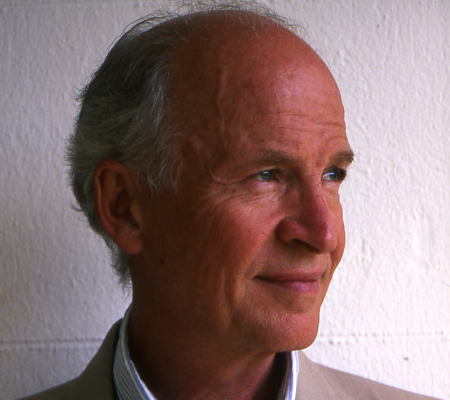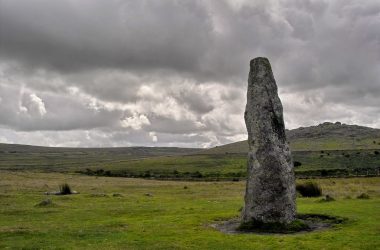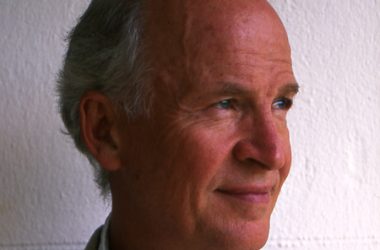
By Peter Marshall
I said after breakfast in the ‘Rumi Hotel’ in Konya to a Sufi from Birmingham in England:
‘The reason why Rumi is so important today is because he taught tolerance and love.’
Looking from the balcony at the rain sweeping across poet’s tomb and the roofs of the town, he added in a quiet voice: ‘Yes, and patience…’
I had been first been attracted to Rumi by his poetry and his teaching.
Come, come whoever you are
Wanderer, worshipper, the lover of living, it doesn’t matter,
Ours is not a caravan of despair,
Come, and if you have broken your vow a thousand times
Come, yet again, come, come.
While Rumi is so-called in the West, in the East he is known as Mawlana. Born in 1207 in Balk, Khorasan in Northern Afghanistan, he moved with his family to the Seljuk-Turk town of Konya in Anatolia, now part of Turkey. He became a Sufi mystic and poet, that is to say, a member of the tolerant branch of Islam which celebrates music and dance.
I went by car with my companion Liz to Konya in order to see the tomb of Rumi, climbing up through mountains from the coast and then across a long plain before coming to the city. It is held in a complex now called the Mawlana Museum. We joined the long queues of the pious who filed past, including peasants from their fields and city intellectuals.
I had already seen the Sama ceremony in a large room with coloured glass off Istanbul Railway Terminal whilst the temple of the dancers, known as the ‘whirling dervishes’ in the West, was being repaired. They were liberal and progressive members of ‘The Contemporary Lovers of Mevalana Association’, both women and men, who danced in colourful robes to evoke a rose garden. Now in Konya I saw an all-male troupe in the Mawlana Museum in a large central area surrounded by tier upon tier of seats.
The Sama follows a common pattern, with an experienced person (traditionally a sheikh) in front calling out prayers and a set sequence of music, produced by a choir, chanters, flutists and drummers. The ceremony is undoubtedly a spiritual journey, with different phases symbolizing aspects of life: the creation the universe; the creation of human beings; the movement of human beings towards God. The samazan (whirling dervish) overcomes his or her ego or selfishness in order to transcend the material world and to become one with God. With the sikka conical hat on his head symbolizing the tombstone of the self and the tannura, a shroud-like white gown on his body, he symbolically begins to whirl in deep meditation as the planets and the stars revolve in the night sky. His arms are wide open, with his right hand turned towards the sky and the left hand downward towards the earth. And eventually the samazan becomes personally non-existent and attains union with God.
Rumi loved the wandering holy man Shams of Tabriz who stayed with him for a while but it was only as a stepping stone for his divine love of God, the Beloved. He suffered from separation from God, but eventually found union, becoming one with the entire universe. As he says:
We are born from love! We are love!
All loves constitute a bridge leading to the Divine love.
To love human beings means to love God.
He had the rare ability to see unity behind the apparent diversity of beings and things. He saw his love as a kind of fire.
Love is here like the blood in my veins and skin.
It has emptied me of myself and filled me with the Beloved,
His fire had penetrated all the atoms of my body
Of “me” only my name remains; the rest is Him.
At the same time, he offered some good advice:
‘In generosity and helping others be like the river.
In compassion and grace be like the sun.
In concealing others’ faults be like the night.
In anger and fury be like the dead.
In modesty and humility be like the soil.
In tolerance be like the ocean.
Either appear as you are or be as you appear.’
And some wise maxims:
‘O, happy is the soul that sees its own faults.’
‘The people of the world don’t examine themselves, and so they blame one another.’
Not surprisingly for a lover of all Creation he was convinced that
‘The wars of men are like the quarrels of children;
both are meaningless and stupid.’





